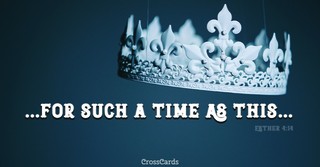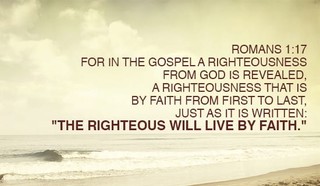What does the Bible say about Eunuchs?
The eunuchs of the Bible were normally castrated males or those unable of reproduction due to a birth deficiency. The intent of purposeful castration was to cause infertility and eliminate sexuality. It was a normal custom in ancient times for rulers to castrate some of their servants and/or advisers in order to restrain and subdue them. Queen Esther’s eunuchs are referenced in Esther 4:4.
Jesus references eunuchs in Matthew 19:12. He says, “There are eunuchs who were born that way, and there are eunuchs who have been made eunuchs by others—and there are those who choose to live like eunuchs for the sake of the kingdom of heaven. The one who can accept this should accept it.” Jesus distinguishes three kinds of “eunuchs” in that verse: natural eunuchs (“born that way”), forced eunuchs (“made eunuchs by others”), and voluntary eunuchs (“those who choose”).
Read the story of the Ethiopian Eunuch, a well-known eunuch in the Bible who was baptized by Philip the Evangelist.
Discover Bible verses about Eunuchs in this collection of scripture quotes





